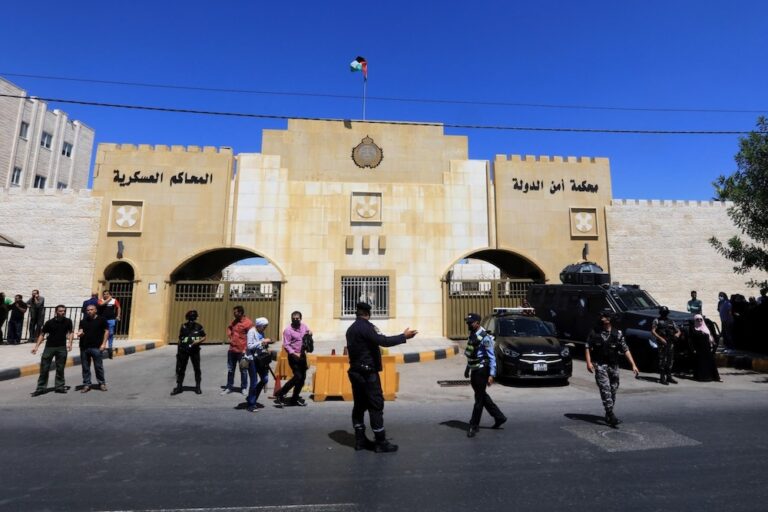The Arabic Network for Human Rights Information condemns the passing of a law in Jordan that seriously restricts freedom of expression on the Internet.
(ANHRI/IFEX) – The Arabic Network for Human Rights Information (ANHRI) condemns the passing of a law that restricts electronic journalism and freedom of expression on the Internet.
On 11 September 2012, the Jordanian parliament passed a law that amended the Press and Publications Law of Jordon (no. 8 of 1998).
The amendments to the law, in addition to penalties of fines, stipulate that in the case of printed material issued without obtaining a license, the executive authority is granted the discretionary right to close the organisation that issued the printed material, confiscate editions of the publication and ban it from publishing.
The amendments include an article obliging electronic publications with websites that disseminate news, reports, articles or comments addressing internal or external affairs relating to the Kingdom to obtain a license from the publication administration, with a condition that the licenses shall be issued with a name registered by the Jordanian Press Association (JPA).
The law allows the authorities to block websites that commit any violation stipulated in its text by virtue of a judicial order.
In addition, the law expands the responsibilities of website owners to include the content of comments submitted by visitors. The owner of the electronic publication, editor-in-chief, manager and any staff member associated with the material that is commented on will also be responsible.
The law prohibits electronic publications from publishing any comments that include information or news that is not related to the published material, not verified or that constitutes a crime in accordance with Jordanian law.
The law also obliges electronic publications to keep a record that will include all the comments with all the information related to the senders of the comments for a period of not less than six months.
ANHRI notes that “the new law seriously violates freedom of opinion and freedom of expression on the Internet. It practically bans Internet users from addressing internal and external affairs relating to the Kingdom via blogs, forums or social networks. In addition, it imposes conditions that are practically impossible to meet for the majority of Internet users. The law imposes very harsh restrictions on interactions between website visitors and published material.”


